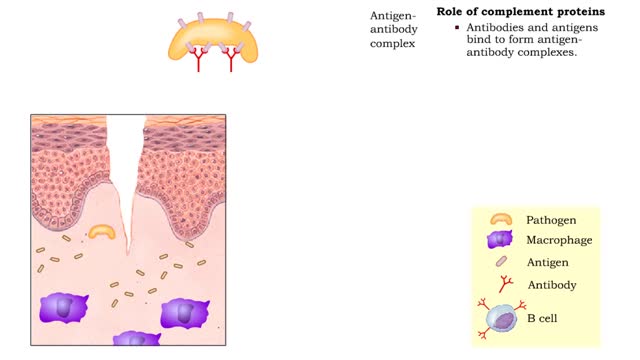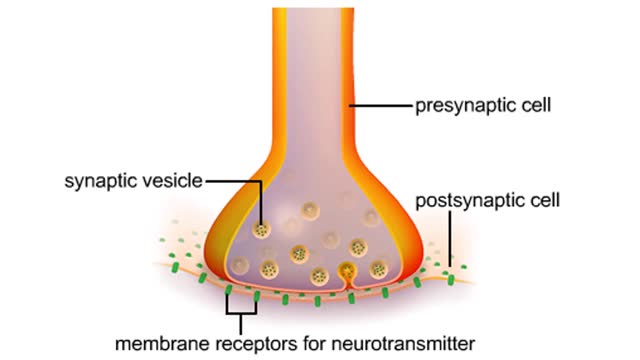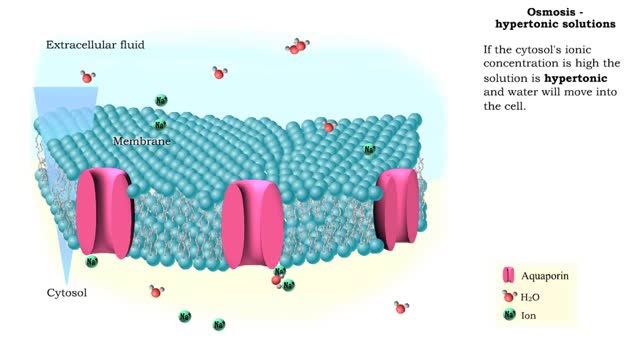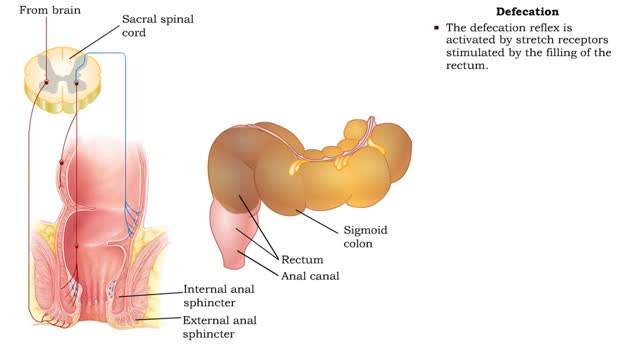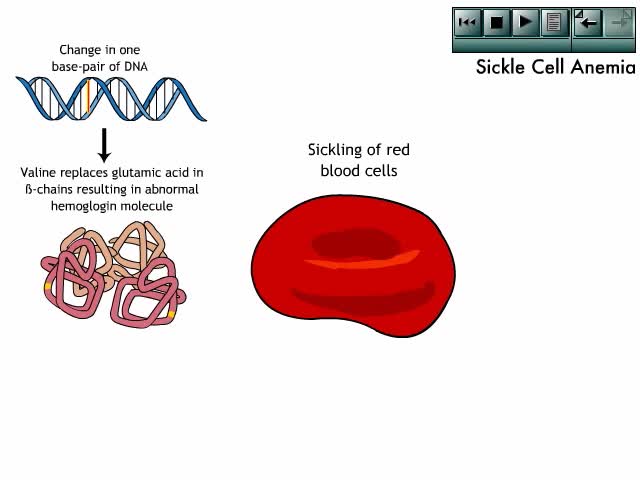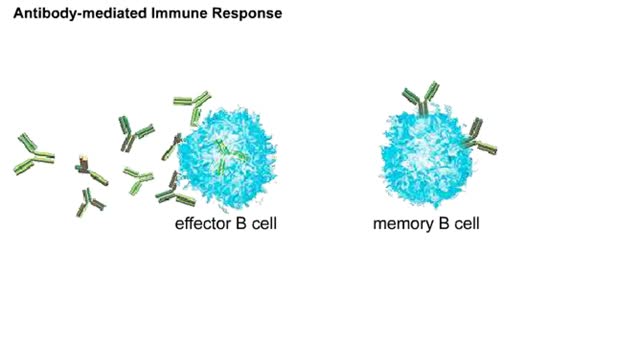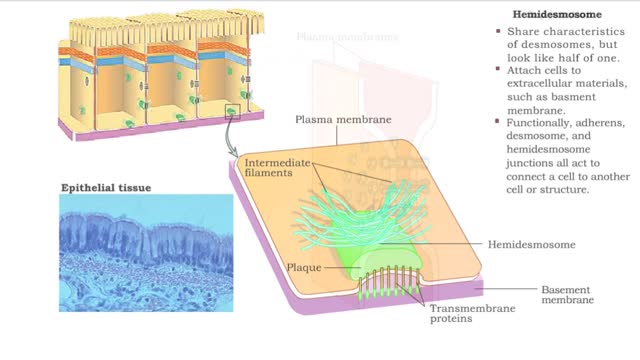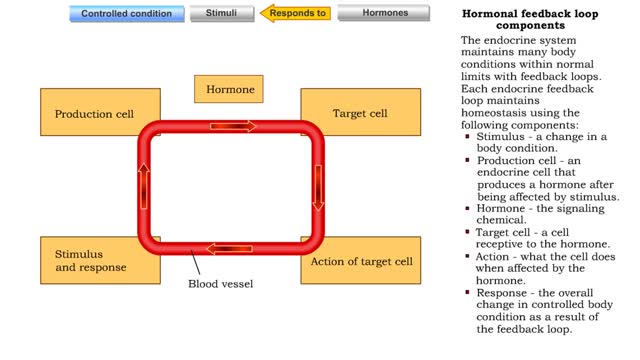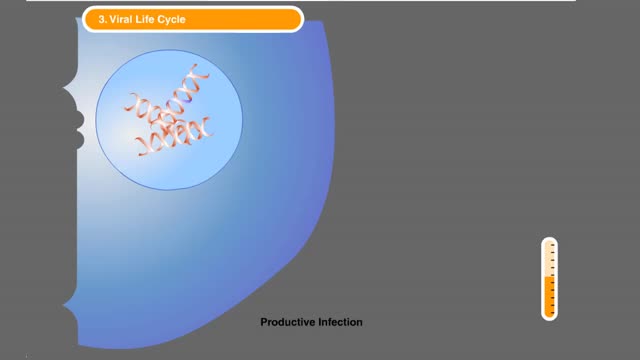Search Results
Results for: 'B cell activation'
By: HWC, Views: 10683
• Non-specific and specific defense mechanisms work through the functions of complement proteins. • As soon as pathogens penetrate the physical barrier of the skin, other resistance mechanisms begin. • Cells, such as macrophages, phagocytize pathogens. • These cells increase exposu...
By: HWC, Views: 8302
A neuromuscular junction is a chemical synapse between the axon endings of a motor neuron and a muscle cell. A narrow synaptic cleft separates the presynaptic cell (the motor neuron) from the postsynaptic cell (the muscle cell). The presynaptic cell contains vesicles filled with neurotransmitt...
Osmosis - Isotonic, Hypotonic, and Hypertonic Solutions
By: HWC, Views: 10990
Isotonic: Equal Water moves in and out of the cell at an equal rate. The cell remains unchanged. Hypotonic: "hypo" hippo Water moves into the cell, making it swell and get fat (like a hippo). Eventually the cell can rupture and burst (aka lyse). Hypertonic: "like a raisin" Water leaves...
Haustral churning, Gastrocolic reflex and mass peristalsis & Defecation
By: HWC, Views: 11237
• As the cecum becomes filled and distends, a local reflex causes: • Closure of the ileocecal valve. • Activation of haustral churning. • Haustral churning mixes the chyme, which helps absorption of water, salts, and vitamins. • Haustral churning propels the contents of the colo...
By: Administrator, Views: 13879
The clinical manifestations of sickle cell anemia result from pathologic changes to structures and systems throughout the body.
By: HWC, Views: 7767
Overview of interactions in antibody-mediated and cell-mediated immunity Animation The antibody mediated immune response begins when a naive B cell encounters antigens from a pathogen, such as a bacterium. The B cell binds, processes, and displays this antigen. It is now an antigen-presenti...
Type of Cell Junctions - Desmosome, Hemidesmosomes and Gap Junctions
By: HWC, Views: 11253
Cell Junctions: Cell junctions are found in some multi-cellular organisms. They exist of complexes and are found between cells and between cells and other structures. The junctions provide a way for cells to connect and exchange signals. What are tight junctions, desmosomes, and gap junctions...
Hormonal feedback loop components
By: HWC, Views: 11056
The endocrine system maintains many body conditions within normal limits with feedback loops. Each endocrine feedback loop maintains homeostasis using the following components: ■ Stimulus - a change in a body condition. ■ Production cell - an endocrine cell that produces a hormone after b...
HIV Infection: Viral life cycle
By: HWC, Views: 10325
The series of steps that HIV follows to multiply in the body. The process begins when HIV encounters a CD4 cell. The seven steps in the HIV life cycle are: 1) binding; 2) fusion; 3) reverse transcription; 4) integration; 5) replication; 6) assembly; and 7) budding. Many viruses f...
Advertisement



